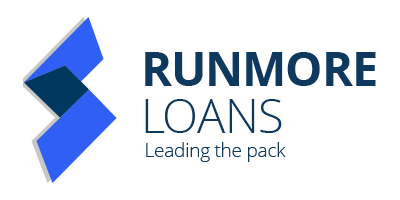There’s more to think about when purchasing an investment property than just the initial purchase price and monthly mortgage payments. You also need to be aware of the potential risks involved in order to make sure you’re making a smart investment. Here are some of the risks that you may not be aware of when considering an investment property.
There is a mortgage to be paid every month
I know this is an obvious one but it’s a fact some people overlook or ignore. Unless you’re buying an investment property with no mortgage (i.e. you have enough capital to pay in full, which most people don’t) then each month the bank will expect a mortgage payment. If you have tenants renting out the house then this ideally would cover most, if not all, of the payment but what if they falter on their rent? What if they move out before you can find an alternative tenant? Are you in a position to pay the gap? If you already have a mortgage (or even monthly rent) on your primary place of residence then this is an additional payment you are liable for each month. Do you have the income and/or savings to cover this?
Also consider the upgrades and repairs needed on the house – these are all your responsibility and while some can be written off at tax time, the strict tenancy laws in Australia mean you have to keep the house safe and in good condition at all times. And this often comes at a large cost (think burst water pipes, broken air con and faulty ovens – as the homeowner you become the responsible party).
It’s not a quick way to get rich quick
For most people, having an investment property is a long-term investment and can take 10-30 years to yield any significant financial benefits. Are you ok with this approach? If you’re about to retire in the next 5 years but planning on an investment property to be your retirement fund, this might not be the best approach for you.
Also, if you’re thinking it’s a great way to write off a lot of tax or reduce your income tax then think again. Of course, this can be a great benefit but this needs the input of a specialist tax accountant and is not always as straightforward as many make it seem.
You don’t understand how property works
Just because you live in a home or love the idea of owning multiple properties does not make you a property expert. There’s a reason why real estate investors often do it as their full time job – because it can take this long to fully understand all the practices of the property game. Knowing where and when to invest, analysing trends and patterns, making relationships with the right people and negotiating with real estate professionals are all skills that are needed if you want to be a property investor.
Common issues when you’re a property investor that you might never have even considered include issues with tenants, disputes with neighbours, dealing with the council, builders/contractors going bankrupt and dealing with rental agents.
Of course, there are providers and individuals who can manage these processes on your behalf, but it’s good to know upfront what’s involved so that you’re not simply handing over your investment responsibilities to someone else (this is a huge risk in itself).
You have poor financial habits
If you’re spending more than you earn, rely on credit cards, personal loans or After Pay facilities to fund your lifestyle, then a bank or lender is unlikely to see you as an astute investor. And rightly so. Having good financial hygiene, regular savings and little to no personal debt are all basic ways to get yourself in shape for becoming an investor. If you rush into property investing without having your finances in order you will likely end up in a bigger mess ultimately.
On a final note, I think investing in property is a very smart move for some people. But there are definitely risks and factors to consider and it’s honestly not for everyone for a variety of reasons.
If you’re wondering how investments in property could work for you and your situation I’d love to help you explore this option. Book a time below.



